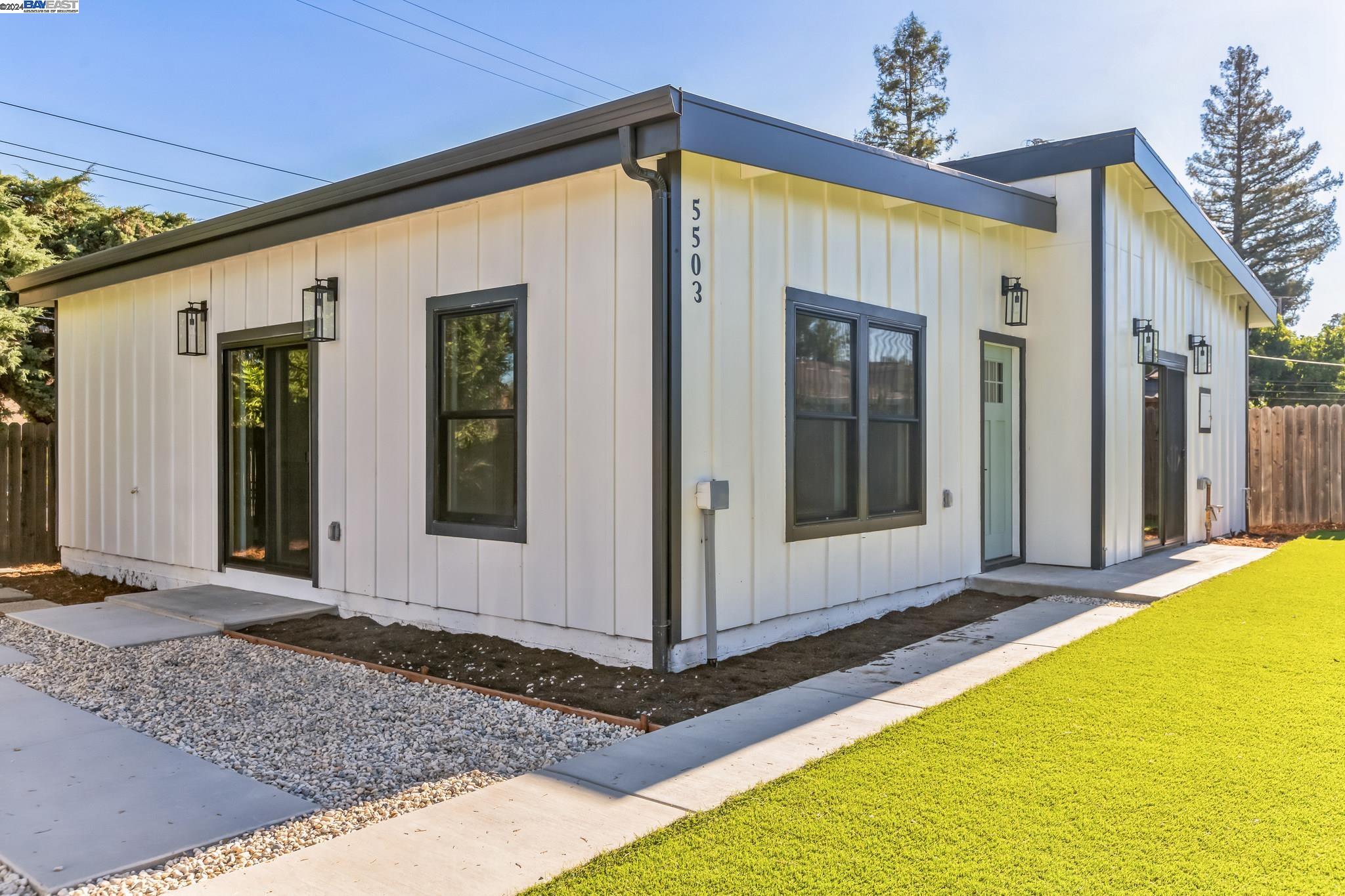Real estate regulations in California can make business very challenging for flippers, developers and real estate entrepreneurs.
The state’s real estate market is extremely lucrative.
But it is also burdened by a plethora of laws, requiring no end of licences and permits.
Disregarding these laws can turn your potential goldmine into a money-draining minefield.
It is vital for anyone working in the real estate industry to stay abreast of the local planning laws and requirements.
Here are the real estate regulations in California that developers need to know.
Contractor’s licence
Nearly anyone working in the real estate industry in California needs a contractor’s licence.
Contractor’s are essentially defined as builders.
They fall under one of three categories:
General Building Contractor – contractors whose business involves the building of structures or shelter to house, people, animals or property.
Specialty Contractor – contractors involved in construction work requiring special skills such as electrical, concrete, insulation etc.
General Engineering Contractor – contractors engaged in fields where engineering knowledge and skills are required such as roads, sewers and waterways, pipelines, drainage etc.
Generally speaking, house flippers must be licensed under one of these categories unless:
- they employ licensed contractors and offer no more than four single-family residences for sale in any one calendar year.
- they own the property, the improvements are not made with the intention of selling the property and all work is conducted by themselves or paid employees.
- they have performed the work themselves, lived in the property for at least 12 months and have not availed themselves of exemptions on more than two properties more than once in any three-year period.
Employing licensed contractors is the most common exemption sought by flippers.
Zoning laws and Land Use Regulations
Zoning laws dictate what can and can’t be built on a property and how it may be used.
These include factors such as building height and density and vary depending on the area, be it residential, commercial or mixed use.
Bigger cities such as Los Angeles and San Francisco encourage mixed-use developments.
Some areas may only allow single-family homes.
Others will permit multi-family developments and ADUs (Accessory Dwelling Units) which accommodate more people, after new laws in 2021 were introduced specifically to address the state’s housing crisis.
Properties along the coast are subject to additional oversight from the California Coastal Commission.
It is wise to always check the local zoning laws before purchasing property for redevelopment.
Building permits and Approval Processes
Virtually all development projects in California require permits.
Generally speaking, the more complex the project, the more red tape you are likely to encounter.
These permits include:
Building permits – required for new constructions, renovations and structural modifications
Environmental permits – required whenever the project impacts protected land, water or endangered species
Coastal development permits – required for projects within the California Coastal Zone which runs the length of the state’s coastline and may extend up to five miles inland\
CEQA (California Environmental Quality Act) Compliance – reviews large-scale developments for their impact on the environment including traffic, pollution and resources
Conditional Use Permits (CUPs) – required if the project does not conform to standard zoning but may benefit the local community
Working with local authorities ahead of time can help avoid costly delays.
Environmental and Sustainability Regulations
California’s real estate regulations include some of the world’s strictest environmental protection laws and policies.
These policies can significantly impact the cost and timelines of redevelopments.
Besides the aforementioned CEQA, there are energy efficiency standards which require new buildings to meet strict energy-saving requirements.
These include solar panel installations on all new homes.
Developers building in high-risk wildfire zones must also use fire-resistant materials and create defensible spaces around any new structure.
While potentially adding to the cost of builds, compliant developers may have their approval processes fast-tracked and also qualify for tax relief.
Streamlining development
New laws introduced in California have been designed to streamline the approval process for certain types of housing in a bid to alleviate its housing crisis.
These types of dwellings include:
- Lot splitting for duplexes where single-family homeowners split their lot and build additional housing
- By-right approvals for affordable housing projects in cities that are not meeting housing goals
- Commercial to residential conversions
Developers leveraging these housing needs stand to maximise their return on investments.
Rent control and Affordable Housing Requirements
California has strict rent control laws in many cities and mandates affordable housing in certain developments.
These controls restrict rent increases to 5 percent plus inflation for particular properties.
These laws may significantly impact or curtail your development plans.
Many cities also require a certain percentage of new housing developments to be affordable housing units.
Impact Fees and Development Costs
California cities charge impact fees on new developments to fund infrastructure improvements for roads, transportation, schools, parks and utilities.
The fees are charged per unit or per square foot and vary by location.
The average impact fee on a multi-family unit in California is more than $21,000 which is nearly three times the national average.
To avoid nasty surprises, it is critical to factor these fees into your business plan for any new development.
Get expert help today
There are so many real estate regulations to consider for flippers, developers and entrepreneurs in the California real estate market.
Savvy, experienced developers know how to avoid expensive pitfalls and maximise their time and efforts to increase the profitability of their projects.
New players in the game have a lot to take in and the sheer number of California’s real estate regulations means that even long-time property tycoons can make expensive oversights.
But you’ll never be tripped up with Equidy in your corner.
Equidy has an intimate and personal history with property in California and has covered all aspects of real estate and property development in the state for more than 40 years.
They work closely with their clients to ensure they acquire all necessary licences and permits and satisfy all local regulations.
They also help their clients maximise the return on their investments while contributing positively towards California’s housing crisis, working creatively with them every step of the way, providing their wealth of knowledge and support network as their projects take shape.
Equidy is also a hard money lender, meaning that you can acquire expert advice as well as instant funding for your project.
They stand by their core belief that anything is possible and they seek to prove it every single day.
Even in difficult economic times, they love to reward entrepreneurship and strive to help their clients realize their wealth creation dreams.
Equidy enjoys long and established relationships with serious investors, sellers and real estate professionals while leveraging their reputation and trust, using clear communication to minimise the risk to all parties.
Contact Equidy today to book your free strategy call.

